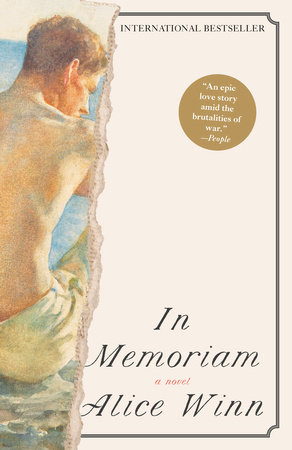More on this book
Community
Kindle Notes & Highlights
He wondered what it was like to be someone like Ellwood, who contributed to the beauty of a place, rather than blighting it.
I have lost more than I can say, and what remains of me is not worth much.
I love you, I love you, I love you, Ellwood mouthed into Gaunt’s hair.
Ellwood smiled, and a sudden, dry bleakness spread over Gaunt’s heart as he thought of Hercules, and Hector, and all the heroes in myth who found happiness briefly, only for it not to be the end of the story.
“I wish I could tell you in my own words,” he said. “But I can’t. And you don’t want me to. ‘Love is my sin, and thy dear virtue hate, / Hate of my sin, grounded on sinful loving—’ ”
Gaunt didn’t care; he would die, he knew he would, and Ellwood was looking at him as if he was the world.
“I’ll be nineteen in July,” said Ellwood, after a moment. “Older than Gaunt ever was. All my life I’ve been younger than him. Isn’t it funny?”
He did not know that it was the first thing homesick little boys in their dormitories learnt at boarding school: how to cry in silence.
He hacked at the damp earth, each blow punishing his lungs. Fool. Blind, wasteful, cowardly fool; all those sonnets in Lower Sixth…! All those months you might have had!
Gaunt forced down his fear. It was amazing, all the different textures fear could have. He thought he would prefer to face machine guns than look at the papers and find Ellwood’s name there, permanent as a tombstone.
Ellwood wanted to love him, but his heart seemed to be made up of edges; and instead of affection, a choking anger built beneath his ribs. He didn’t know why, or how to stop it. His hands trembled with how badly he wanted to break something.


